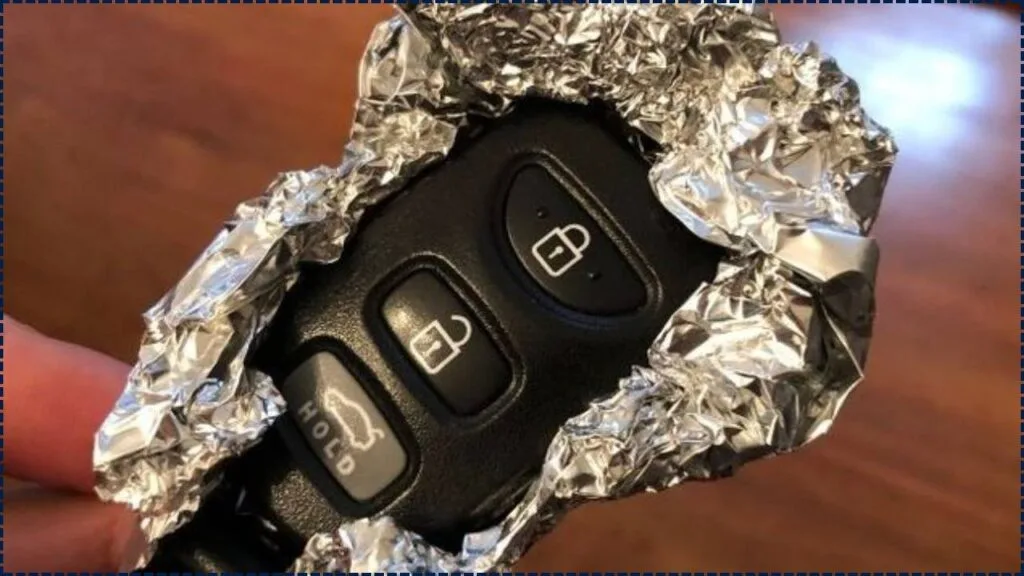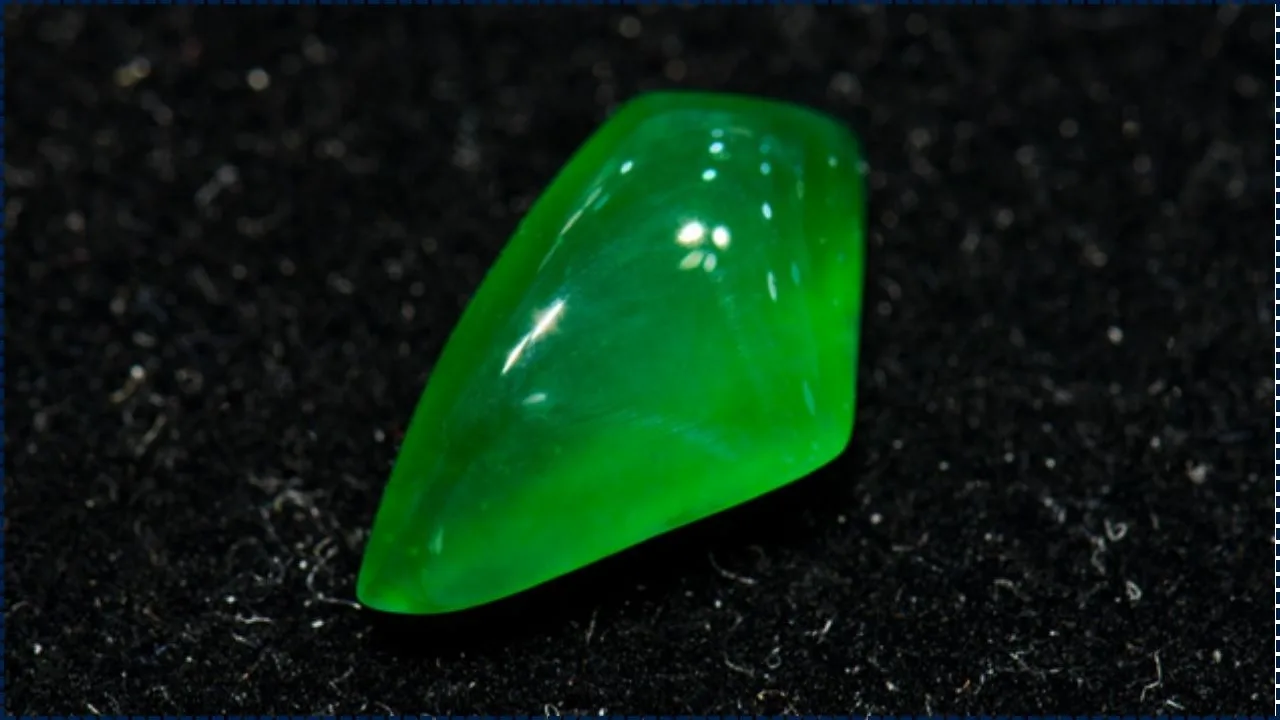Why Drivers Are Wrapping Car Keys in Foil: If you’ve ever seen someone wrapping their car keys in aluminum foil, you might’ve wondered what kind of DIY wizardry is going on. But this trick isn’t just a TikTok trend—it’s a real security hack to fight against modern car theft. As keyless entry systems become more popular, so do relay attacks, a sneaky way thieves can steal your ride without even breaking a window.

We’ll break down exactly why this is happening, what you can do to protect your vehicle, and why something as simple as aluminum foil could actually help you outsmart a car thief.
Why Drivers Are Wrapping Car Keys in Foil
| Topic | Details |
|---|---|
| Main Threat | Relay attacks targeting keyless entry systems |
| Popular Prevention | Wrapping keys in aluminum foil to block wireless signals |
| Alternative Protection | Faraday pouches, metal containers, steering locks, software settings |
| Expert Advice | Use multi-layered defense (tech + physical deterrents) |
| Law Enforcement Involvement | Increasing reports of relay thefts across the U.S. |
| Recommended by | Thatcham Research, NHTSA |
| Source of Theft Tools | Devices available on the black market, some for under $100 |
Wrapping your car keys in foil might sound like a life hack from a sci-fi movie, but it’s actually a legit step in protecting your ride from high-tech thieves. With relay attacks on the rise, drivers need to get smarter about securing their vehicles. Whether you go old school with aluminum foil or upgrade to a Faraday pouch, the goal is the same: keep your keys—and your car—out of the wrong hands.
This isn’t about fear. It’s about staying informed, staying ready, and staying one step ahead of the bad guys.
What Are Relay Attacks?
Understanding the Tech Trick
Most modern cars use keyless entry fobs that automatically unlock your vehicle when you’re nearby. The fob constantly sends out a low-frequency radio signal that the car recognizes.
In a relay attack, two crooks work together:
- One stands near your home, holding a device to capture your key fob’s signal.
- The other stands by your car with a relay device that tricks the car into thinking the key is right next to it.
Boom—doors open, engine starts, and they’re gone. No smashed glass. No alarms. Just gone.
Why Aluminum Foil Works
Aluminum foil acts as a basic Faraday cage, which blocks electromagnetic fields. When you wrap your key fob tightly in foil, it disrupts the signal and prevents it from being boosted by thieves.
It’s cheap, it’s easy, and honestly, it works pretty well if done right. Just make sure the fob is fully covered with no gaps.
Smarter Alternatives to Foil
1. Faraday Pouches
These are small, stylish bags lined with metallic mesh designed to block wireless signals. They’re more durable than foil and don’t scream “DIY burglar-proofing.”
- Average cost: $10–$30
- Some have space for multiple key fobs and credit cards
2. Metal Containers
An old cookie tin, coffee can, or steel toolbox can also block signals. Not as portable, but it works well if the lid seals tightly.
3. Car Key Settings
Some key fobs allow you to disable or sleep the signal when not in use. It’s not common, but check your vehicle manual or app settings.
4. Steering Wheel Locks
Good old-school deterrents like The Club still work. Thieves are less likely to bother if your car takes extra effort to steal.
How Big Is the Problem in the U.S.?
Relay attacks are more common than most drivers think:
- In 2023, over 55,000 vehicles were stolen using tech-based methods, including relay devices.
- Some tools are available online for under $100.
- Car brands most frequently targeted include Toyota, Honda, BMW, and Ford, particularly models with passive entry/start.
A Why Drivers Are Wrapping Car Keys in Foil Guide to Protecting Your Car
- Secure Your Keys:
- Wrap your fob in foil OR get a Faraday pouch.
- Store your keys away from windows and doors—especially at night.
- Layer Your Defenses:
- Use a steering wheel lock.
- Park in well-lit, visible areas.
- Use a driveway camera or Ring system.
- Talk to Your Dealer:
- Ask if your car model has fob-sleep or signal-disable features.
- Get software updates to patch any known security vulnerabilities.
- Don’t Ignore the Basics:
- Lock your doors (yes, even if you think the fob auto-locks)
- Never leave the fob in or near your car (even in your garage)
FAQs On Why Drivers Are Wrapping Car Keys in Foil
Q: Is wrapping my keys in foil really effective?
A: Yes, as long as it’s fully wrapped with no signal leakage. But Faraday pouches are more reliable and last longer.
Q: What types of cars are at risk?
A: Any car with keyless entry and push-button start can be vulnerable to relay attacks.
Q: Can I buy a relay attack device legally?
A: While they’re sometimes marketed as locksmith tools, their misuse is illegal and can lead to criminal charges.
Q: Are newer vehicles more secure?
A: Some 2023+ models use ultra-wideband (UWB) technology or PIN verification, but many still lack this feature.
Q: Should I disable keyless entry completely?
A: If your car lets you, it’s a solid move. Not every car has that option though—check your manual.












